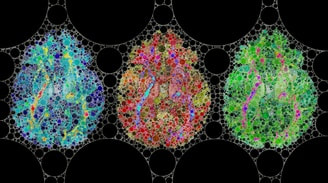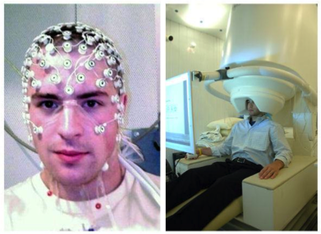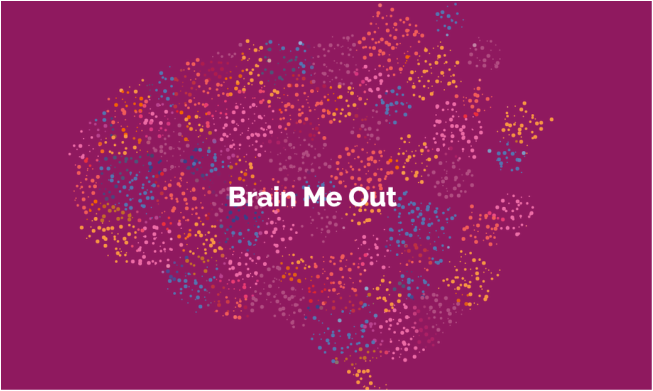by nikola stikov Cover photo: Lace Brain by Michel Thiebaut de Schotten/Benedicte Batrancourt. http://www.brainconnectivitybehaviour.eu/ Cover photo: Lace Brain by Michel Thiebaut de Schotten/Benedicte Batrancourt. http://www.brainconnectivitybehaviour.eu/ More than twenty years have passed since a small community of brain enthusiasts gathered in Paris in 1995 to establish the Organization for Human Brain Mapping. In the years since, members of our society have led the way in discovering and communicating novel insights into the brain’s structure and function. Be it through our annual meetings, the numerous satellite courses, or journals associated with our society (Neuroimage and Human Brain Mapping), thousands of scientists have been making daily contributions to the ever-growing field of brain mapping.
0 Comments
BY nils muhlert EEG (left, credit: D. Myers) and MEG (right, credit: NIMH) EEG (left, credit: D. Myers) and MEG (right, credit: NIMH) Mapping the function of the brain is a key goal for OHBM and its members. Methods analysing electromagnetic signals, such as EEG and MEG, have moved us substantially closer to this goal. EEG in particular has a long history in non-invasive imaging. Invented in 1929 by the German psychiatrist Hans Berger, its sensors track electrical activity over the millisecond range. MEG, invented in the 1960s, maintains this temporal advantage but its sensors exploit the magnetic fields produced by electric currents. Since these magnetic signals are less distorted than the electric signals, they can be spatially located with greater certainty. Both tools have proved particularly useful clinically, and offer distinct advantages over MRI and PET for revealing the millisecond dynamics of physiological and cognitive processes. BY lisa nickersonA local student group in Geneva has set up headquarters at Le Cercle des Bains as THE place for students, post-docs, and OHBM members to meet every night after the scientific sessions of the 2016 Annual Meeting, and to share ideas and comments about their experiences. Attendees of #OHBM2016 also have access to a new website developed by the local student group. Find more information on the headquarters, resources, and various social activities, including their own party on Tuesday night, at Brainmeout.com. Thank you to our local Geneva student group for creating this cool site, and for planning such a wonderful welcome to our members!
|
BLOG HOME
Archives
January 2024
|

 RSS Feed
RSS Feed